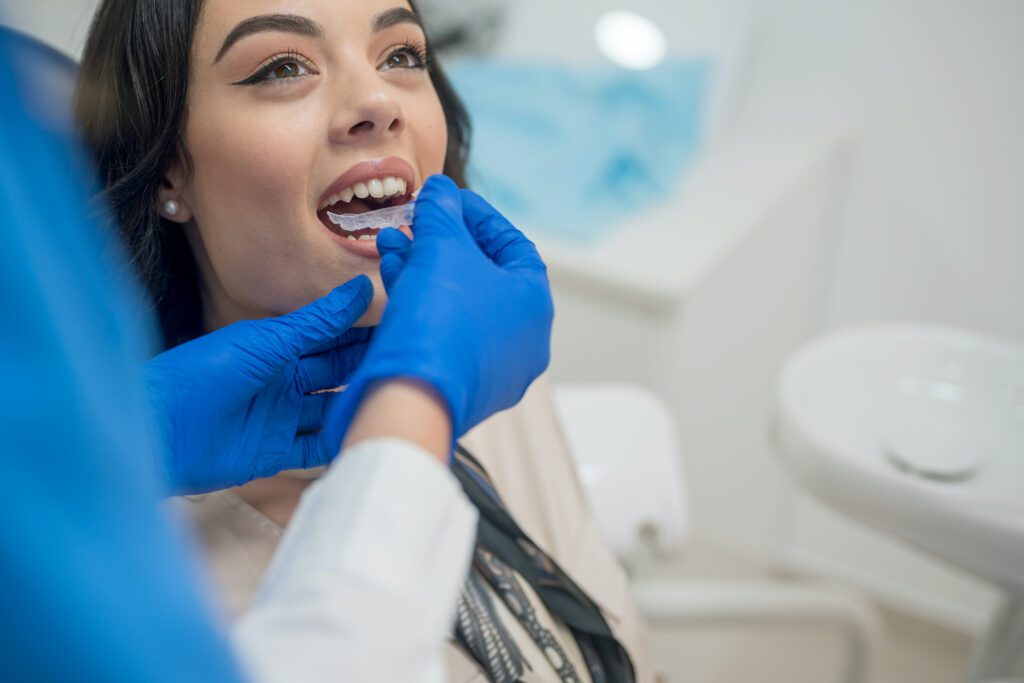Malocclusion is a fairly common affliction that many patients face. While minor cases of crooked teeth could be fixed through bonding or veneers, you may need a more orthodontic approach. Many patients prefer using clear aligners like Invisalign in Palmdale, CA, for their discreet solution to smile correction. However, Invisalign may not benefit everyone. Before starting treatment, your dentist will assess your oral health and discuss your lifestyle habits to determine if clear aligners are right for you.

What Could Affect Eligibility for Invisalign in Palmdale, CA?
While many patients can benefit from Invisalign treatment, it’s not always the best option. Some patients may still need traditional braces or other orthodontic appliances to adjust their smile. Braces can be uncomfortable and a bit of a hassle to deal with, but they could also be your best chance at straightening your teeth and improving your oral health. Depending on the following factors, your dentist may recommend alternative treatments to Invisalign.
Complex Orthodontic Cases
Invisalign typically works best for patients who have minor to moderate cases of malocclusion. When you start treatment, your dentist will already have the full set of trays needed to adjust your smile. You’ll swap out your trays every few weeks, a process similar to tightening your braces. Because you already have all of the trays made, it can be difficult to adjust treatment if needed. For patients who have more complex cases, traditional braces may provide better, more effective treatment.
Oral Hygiene Habits
Patients tend to prefer clear aligners because they don’t require as many dietary restrictions as traditional braces. However, it’s important to ensure that you brush and floss properly after every snack or meal. Failure to clean your teeth could lead to plaque getting trapped in your aligners. This can often result in increased chances of decay and disease. For patients who struggle with their oral hygiene (such as younger children or those with limited mobility), traditional braces may be better for their oral health.
Dental Health
Previous dental procedures and conditions could also affect your eligibility for Invisalign. If you have dental implants, for example, clear aligners may not be the best option. Implants are designed to stay in place, and putting pressure on them to adjust your smile could cause damage. Gum disease may also lead to complications in treatment. If you have any dental conditions or previous procedures, your dentist may recommend traditional braces or pretreatment options.
While Invisalign can be a great option for discreetly adjusting your smile, it may not benefit everyone. At Premier Dental Care, we offer a range of orthodontic options that could help improve your smile and oral health. Call us today at (661) 231-7031 to schedule a consultation and see if Invisalign could be right for you.
